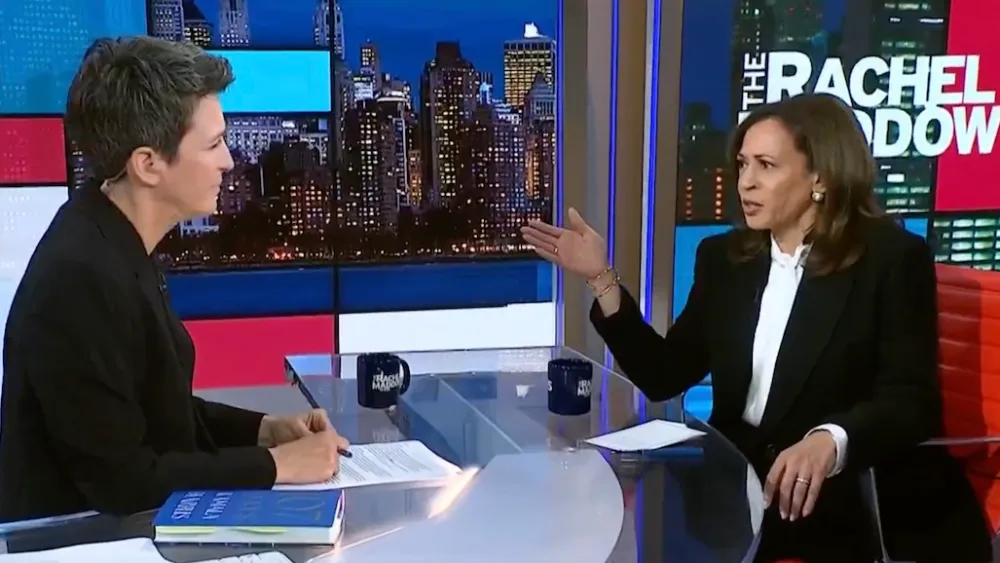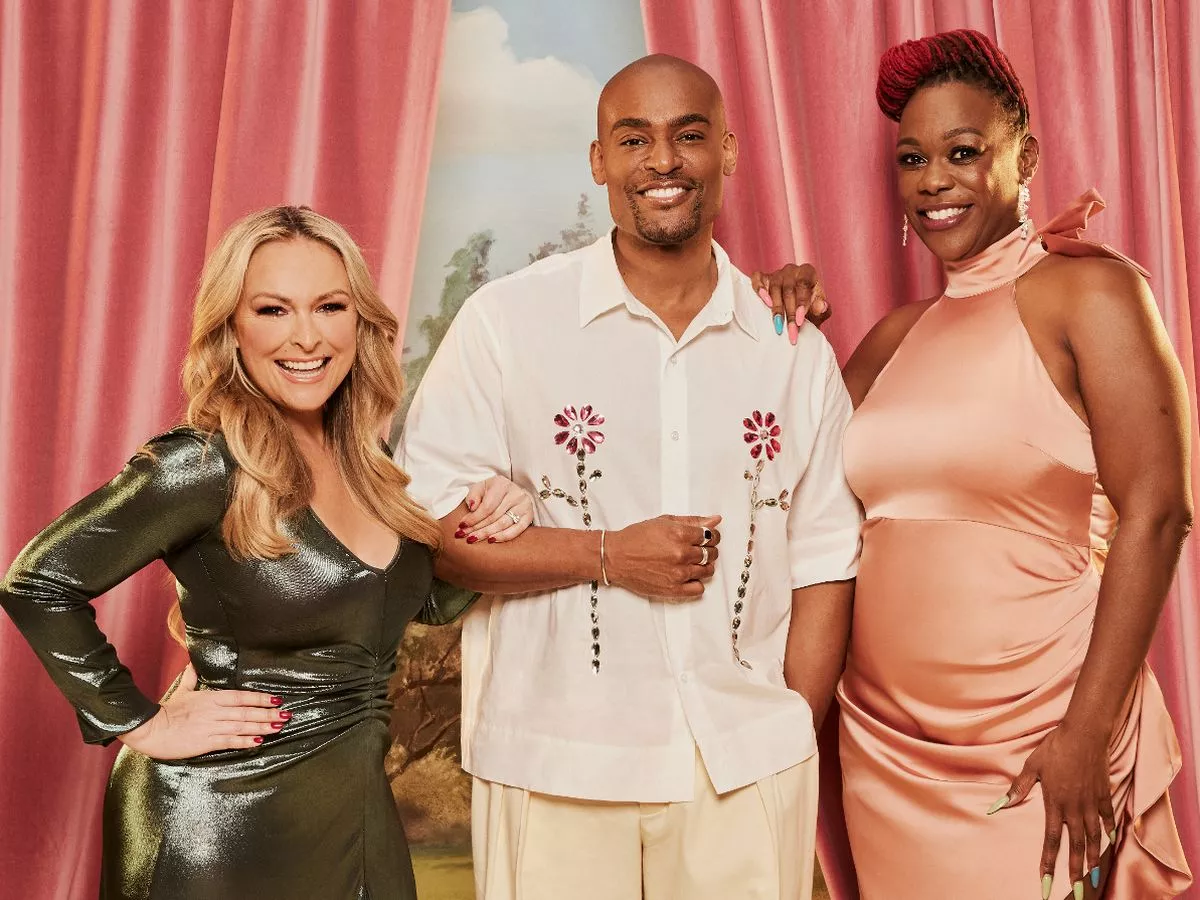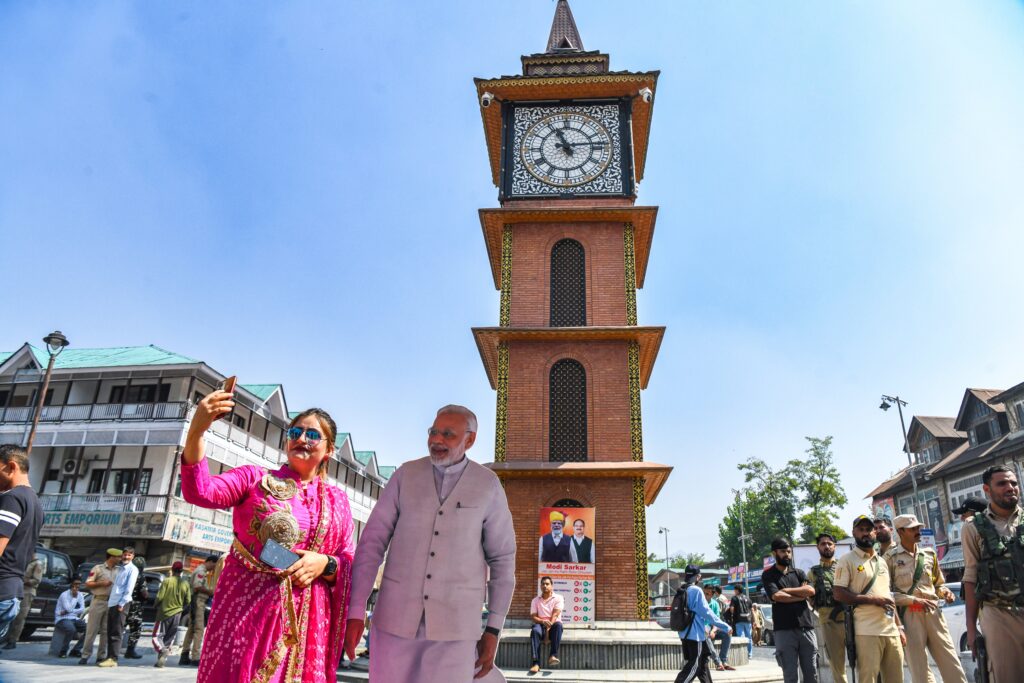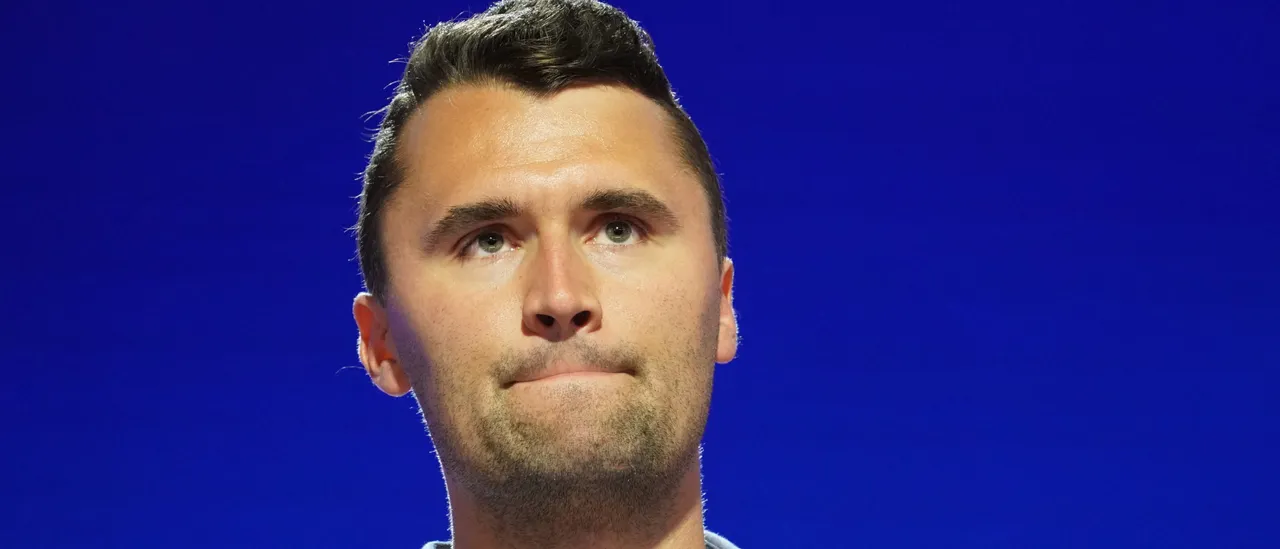
Kamala Harris began her career in public life as a prosecutor. But, to this day, she remains unwilling to place herself in the sights of a real interrogator.
On Monday night, ahead of the Sept. 23 release of her campaign memoir “107 Days,” Harris sat with Rachel Maddow on MSNBC. The interview was, by its design, gooily sympathetic. Maddow, a TV veteran, somewhat bafflingly began the broadcast by declaring “I’m a little nervous about this interview, because it’s a big deal.” She told the former vice president and presidential nominee, in setting up an early softball, “You’ve become the patron saint of ‘I told you so.’” And she laughingly responded when Harris nostalgically brought up the 2024 campaign line “I know his type.” (Harris, like other prominent Democrats including Michelle Obama and Joe Biden, avoided using Trump’s name.)
It’s not that Harris deserves to be filleted, especially in a political climate where Harris, out of office, has relatively little real influence, and those who do hold power are restructuring our society on every level, every day. But… “I know his type” didn’t work. There are reasons beyond Harris that Harris lost the 2024 election, but an interview that seemed determined to avoid them left potential insight on the table.
Maddow and Harris seemed to have a genuine rapport, and in moments, the Harris who seemed just beyond the veil in 2024 — laughing hard, comfortable in her skin, freewheeling — poked through. One felt for Maddow’s interview subject: Anyone who’s ever written and published a personal essay can perhaps relate to Harris’ discomfort in being reminded of the things she’d put on the page about various Democratic politicians. She took care to note, several times, that California Gov. Gavin Newsom, who Harris reportedly writes ghosted her request for support in her presidential bid as it began, has a great sense of humor, while she split hairs over how to describe her ultimate decision not to include first-choice running mate Pete Buttigieg on her ticket: It wasn’t because he’s gay, it’s because a gay man and a woman of color together would have been too much to introduce to the nation so rapidly.
But allowing so much time for Harris to attempt to unsay what her book says made for a frustrating viewing experience for someone outside the core MSNBC demographic. Harris’ whole thing, to this point, has been a certain unknowability, a tendency Maddow could sometimes, with her amiable approach to Harris, encourage. During her foreshortened presidential campaign, for example, Harris did relatively little press, and tended to do so late and only in utterly familiar settings. (She also struggled even within those: An appearance on “The View” in which she could not name a difference between her governing style and Joe Biden’s could be argued to have been her campaign’s death knell.)
As the principal on a presidential campaign, Harris generally avoided opportunities to speak on her own behalf in a setting the campaign did not control. While it’s apparent Maddow was literally free to write her own questions, she was doing so for an audience predisposed to want to see Harris get a win. The result, for any curious viewer interested in seeing how Harris was doing, could obscure as much as it revealed.
At times, indeed, it seemed as though Maddow was pushing Harris toward that potential win. Though being Biden’s vice president, reporting on “107 Days” indicates, was arduous in many ways, it may have been easier than being the face of the campaign in just one way: Harris wasn’t obligated to speak for herself. Similarly, in this interview, she was much more comfortable acting in direct opposition (as when she decried the Trump administration’s policies and urged “feckless” billionaires to oppose him) or espousing generally approved wisdom (applauding Jimmy Kimmel’s return to ABC as a result of “the power of the people”) than she was in looking to a vision of Harrisesque politics — a way forward. Asked a rare off-talking-points question by Maddow about whether she supported New York City mayoral candidate Zohran Mamdani, a Democratic Socialist, Harris said she supports any Democratic nominee for office, and went on to say that more of the nation’s attention should be on other candidates, in other cities.
Mamdani and Harris are different politicians, of different generations, with vastly different media approaches. And only one of them has ever been vice president! But — at least for a viewer living in the New York media market — it’s hard not to contrast his approach to the media with hers. Harris, aside from the opening in which she pleaded with billionaires to change their behavior, seemed in this interview to be largely interested in playing the hits. (That she told Maddow that she is genuinely not focused on the question of whether or not to run for president in 2028 seemed candid and honest — Harris is not presenting as if she wants to go through that gauntlet again.) Mamdani, and others like him, use spotlights like these to look forward. “107 Days” sounds like a riveting book, and I can’t wait to read it. But Harris’ interview — the substance of it, and the unchallenging venue she chose out of a continued desire to reduce her exposure — have made me suspect that I won’t be reading it as a book about current events. It seems to be a book about history.



